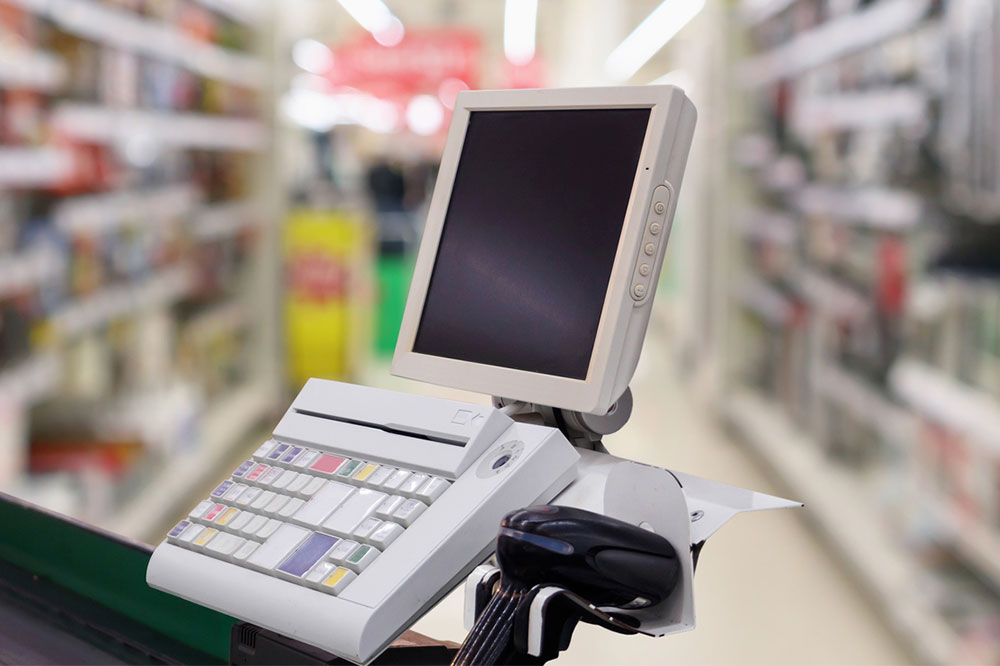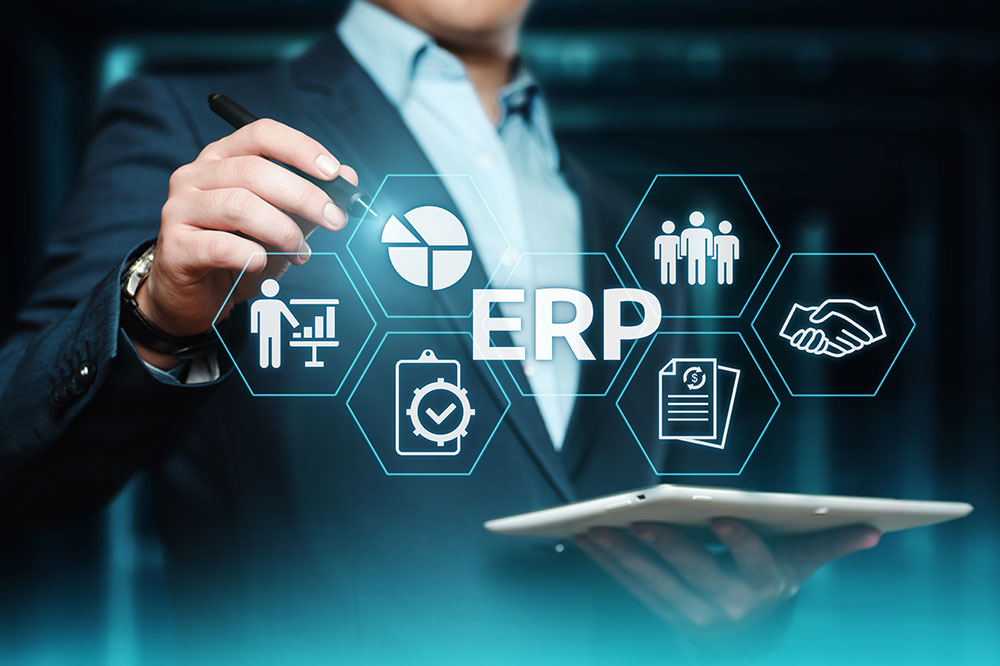Choosing the Right POS Solutions for Your Business Needs
This article provides a comprehensive overview of different POS systems, including traditional, mobile, cloud-based, hybrid, all-in-one, and industry-specific solutions. It highlights the key benefits and drawbacks of each type, helping businesses choose the ideal system to optimize operations, enhance customer service, and support growth. Understanding these options ensures informed decision-making for acquiring the most suitable POS technology tailored to various industry needs and operational scales.

Choosing the Right POS Solutions for Your Business Needs
Point of Sale (POS) systems are essential for modern enterprises, enhancing efficiency, customer experience, and data insights. From small shops to large retail chains, selecting the appropriate POS system can be challenging due to the wide variety of options. This article breaks down popular POS types to help you identify the best solution for your business.
Traditional POS Systems
Overview:
Legacy POS setups rely heavily on hardware components like a computer terminal, cash drawer, receipt printer, barcode scanner, and sometimes a customer display. Commonly used in retail and hospitality sectors.
Pros:
Durability: Robust hardware ensures stable operation and minimal disruptions.
Feature-Rich: Offers extensive industry-specific functionalities.
Customizable: Adaptable to unique business requirements.
Cons:
Expensive: High upfront costs and ongoing maintenance expenses.
Rigid: Difficult to modify or expand due to hardware dependence.
Needs Maintenance: Regular technical support is necessary.
Mobile POS (mPOS) Systems
Overview:
Mobile POS systems enable transactions via smartphones or tablets, offering maximum flexibility. Products like Square, PayPal Here, and Shopify POS are popular examples.
Advantages:
Highly Portable: Can operate anywhere, ideal for dynamic environments.
Cost-Effective: Usually requires minimal new investment, leveraging existing devices.
Easy to Use: Simple interfaces mean quick adoption with minimal training.
Disadvantages:
Limited Features: Best suited for small-scale operations, lacking advanced tools.
Security Risks: Increased exposure to data breaches without proper security.
Dependent on Internet: Performance depends on network quality, which can be unreliable.
Cloud-Based POS Systems
Overview:
These platforms store data on remote servers, accessible via web or mobile apps. Examples include Square, Lightspeed, and Vend. They offer scalability and remote access.
Advantages:
Accessible Anywhere: Manage your business from any location with internet.
Flexible Growth: Easily expand with additional users or stores.
Real-Time Insights: Instant access to sales data and performance metrics.
Disadvantages:
Subscription Fees: Ongoing costs can accumulate over time.
Internet Reliance: Stable connectivity is vital for continuous operation.
Security Concerns: Cloud data storage may pose privacy risks.
All-in-One POS Solutions
Overview:
These integrated systems combine hardware and software in a single package for straightforward deployment. Ideal for businesses seeking hassle-free setup.
Advantages:
Ease of Use: Complete systems reduce compatibility issues.
Support Included: Customer service simplifies troubleshooting.
Optimized Operations: Seamless hardware-software integration improves efficiency.
Disadvantages:
Costly: Higher initial investment compared to modular options.
Limited Customization: Less flexibility in tailoring features.
Hybrid POS Systems
Overview:
Blending traditional and cloud features, hybrid POS systems suit businesses that need both local and remote functionalities.
Advantages:
Reliable and Flexible: Combines the stability of on-premise with remote access benefits.
Offline Capability: Continues functioning without internet disruptions.
Versatile: Suitable for multi-location or diverse operations.
Disadvantages:
Complex Setup: More involved installation and management.
Higher Cost: Can be more expensive due to combined features.
Industry-Focused POS Systems
Overview:
Tailored solutions designed for specific sectors. For example, restaurant POS systems include features like table management and online ordering, while retail systems may incorporate inventory tracking and loyalty programs.
Advantages:
Customization: Designed to meet industry-specific operational needs.
Compliance: Meets sector regulations more effectively.
Disadvantages:
Limited Flexibility: Not always suitable for diverse business models.
Potentially Higher Cost: Specialized features can increase expenses.
Selecting the ideal POS system involves assessing your business's unique needs and operational goals. Whether you prioritize reliability, mobility, scalability, simplicity, versatility, or industry-specific features, understanding these options will help you choose the best system to enhance your business. Proper management of your POS solution can lead to improved efficiency, better customer interactions, and smarter decision-making. Consult with providers to find the optimal fit for your enterprise.









